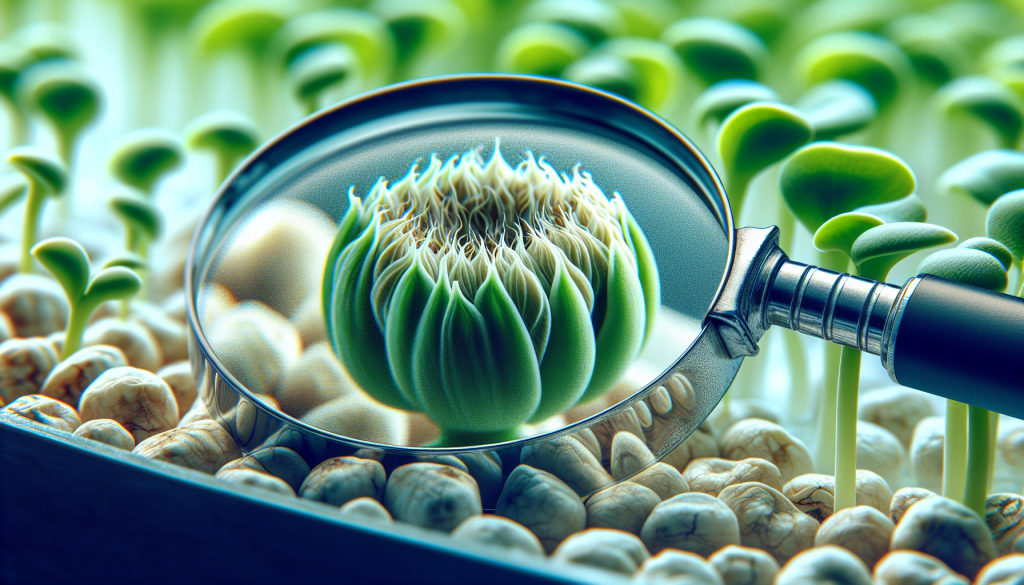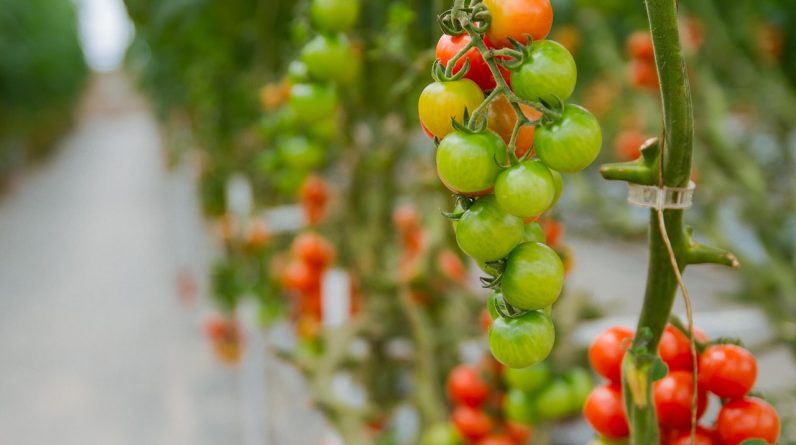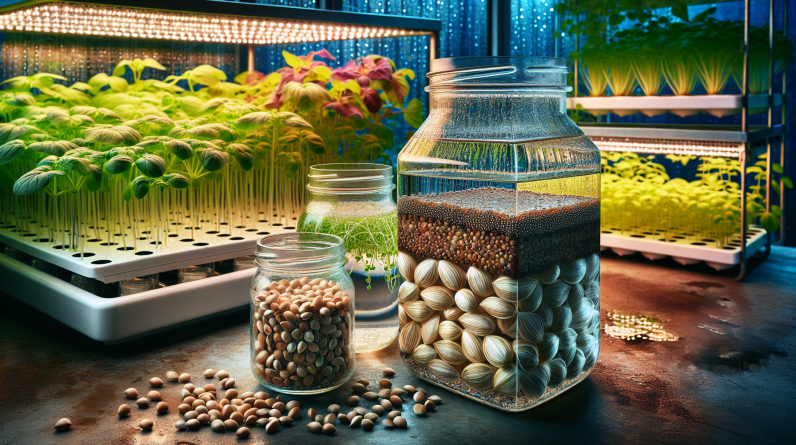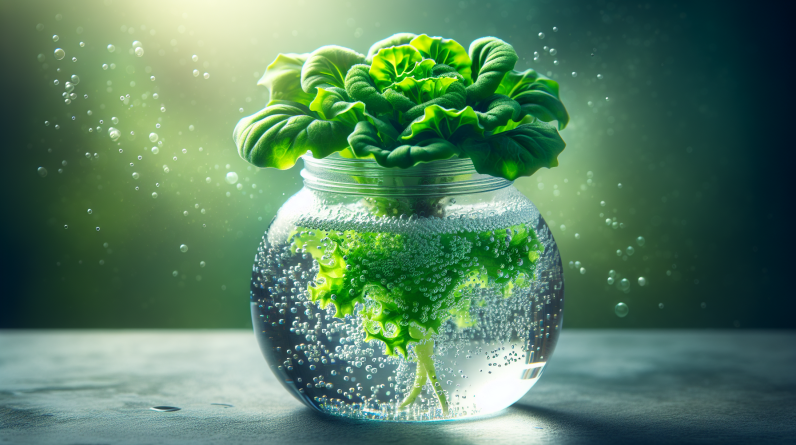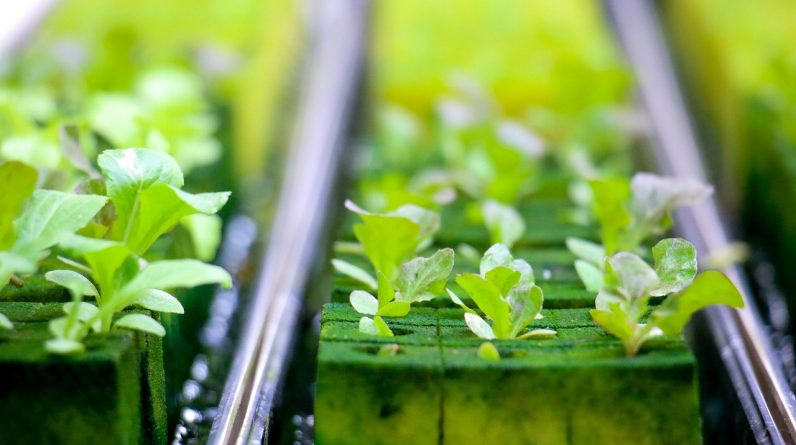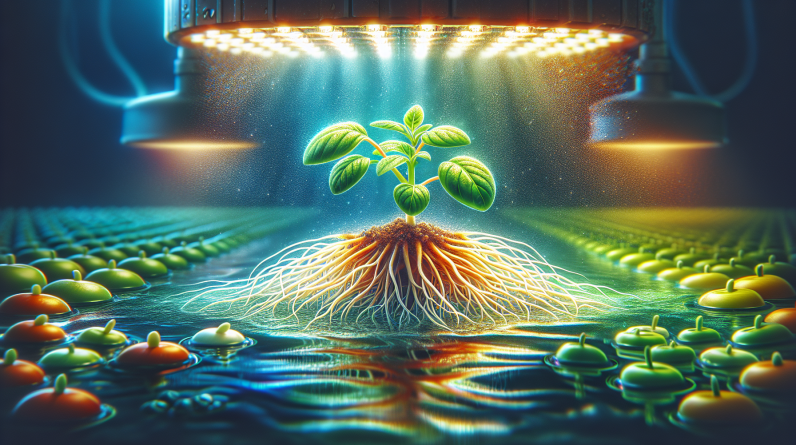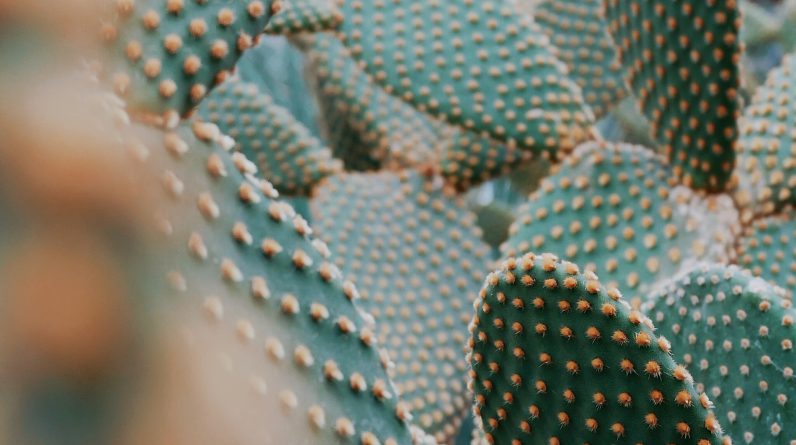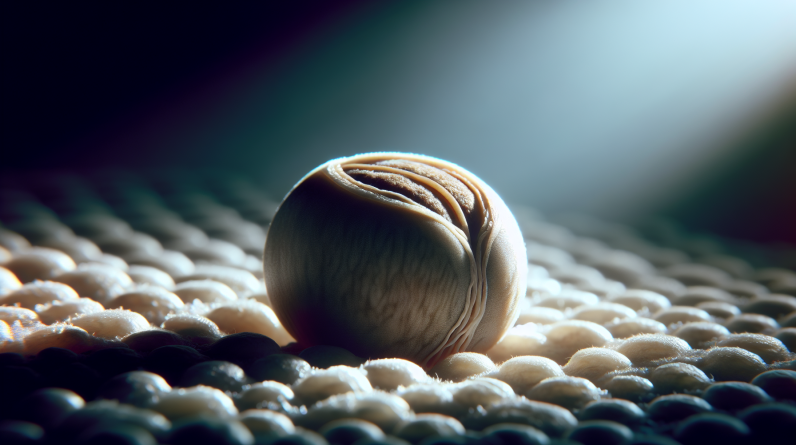
Have you ever wondered why your hydroponic seeds are not germinating as expected? It can be frustrating when you put in the time and effort to set up your hydroponic system, carefully choose your seeds, and eagerly await their sprouting, only to be met with disappointment. In this article, we will explore the possible reasons behind this issue and provide you with practical solutions to ensure successful germination in your hydroponic garden.
Possible Reasons for Hydroponic Seeds Not Germinating

This image is property of images.pexels.com.
Inadequate Watering
One possible reason for hydroponic seeds not germinating is inadequate watering. Water plays a crucial role in the germination process, as it helps to activate the enzymes that break down the seed coat and allows the embryo to emerge. If the seeds are not receiving enough water, they may remain dormant and fail to germinate. It is essential to maintain a consistent level of moisture, ensuring the seeds are neither too dry nor too saturated. Regularly check the water levels in your hydroponic system and ensure that it is providing adequate moisture for the seeds to germinate.
Poor Seed Quality
Another factor that may be contributing to the lack of germination is poor seed quality. It is crucial to source high-quality seeds from reputable suppliers. Poor-quality seeds may have low viability or be genetically weak, making them less likely to germinate successfully. Ensure that you are purchasing seeds that are specifically intended for hydroponic cultivation and have a high germination rate. Additionally, storing your seeds properly in a cool and dry environment can help maintain their viability.
Incorrect Temperature
Temperature plays a vital role in seed germination. Different plants have specific temperature ranges at which they germinate most effectively. If the temperature in your hydroponic system is too high or too low for the particular seeds you are trying to germinate, they may fail to sprout. Research the ideal germination temperature range for the specific plant species you are growing and adjust the temperature in your hydroponic system accordingly. Using a thermometer to monitor the temperature can help ensure that it remains within the optimal range for seed germination.
Insufficient Light
Light is another essential factor for seed germination, as it provides the energy needed for photosynthesis and growth. Insufficient light can prevent seeds from germinating or result in weak and leggy seedlings. If you notice that your hydroponic seeds are not germinating, ensure that they are receiving an adequate amount of light. Using grow lights with the appropriate spectrum for plant growth can be beneficial, especially if you are growing plants in an indoor hydroponic system. Consult the specific light requirements for the plant species you are growing and adjust your lighting setup accordingly.

This image is property of images.pexels.com.
Incorrect pH Levels
pH levels can significantly impact the germination process in hydroponic systems. Different plants have specific pH preferences, and if the pH of your nutrient solution is outside the optimal range, germination may be hindered. Ensure that you regularly monitor the pH levels of your hydroponic system and adjust them as necessary. Most plants prefer a slightly acidic to neutral pH range, typically between 5.5 and 6.5. Using a pH testing kit or a pH meter can help you maintain the appropriate pH levels and promote successful germination.
Overcrowding
Overcrowding the growing space can lead to poor germination rates as seeds compete for resources such as water, light, and nutrients. When seeds are sown too closely together, they may not have enough space to develop properly, resulting in stunted growth or failed germination. Make sure to provide adequate spacing between seeds, following the recommended guidelines for the specific plant species you are growing. This allows each seed to access the necessary resources for healthy germination and growth.

This image is property of images.pexels.com.
Inadequate Air Circulation
Proper air circulation is crucial for successful germination in hydroponic systems. Without adequate airflow, excess humidity can build up around the seeds, increasing the risk of fungal diseases or damping off. Insufficient air movement can also lead to stagnant conditions, limiting oxygen availability and inhibiting seed germination. To promote optimal air circulation, ensure that you have fans or other ventilation systems in place within your hydroponic setup. This helps to maintain a healthy environment and reduces the risk of issues that can impede germination.
Lack of Nutrients
Hydroponic systems rely on nutrient solutions to provide plants with essential elements for growth. If the nutrient solution is lacking in crucial nutrients, the seeds may struggle to germinate and develop properly. Ensure that your nutrient solution is properly balanced and contains all the necessary macro and micronutrients for healthy plant growth. You may need to adjust the nutrient concentrations or consider using specific hydroponic fertilizers formulated for germination and seedling growth.
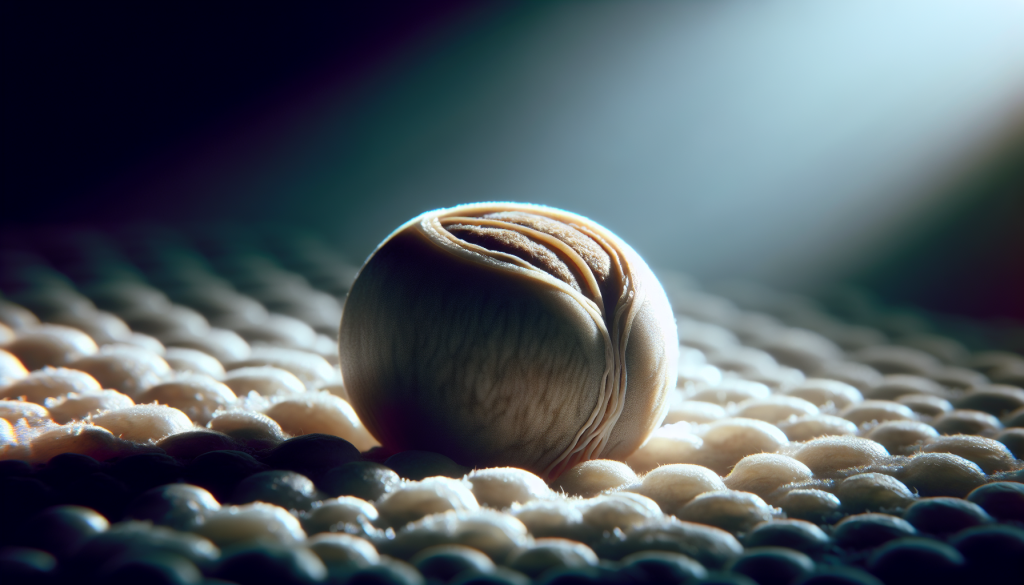
Pest Infestation
Pests can wreak havoc on hydroponic systems and disrupt the germination process. Common pests such as aphids, fungus gnats, and spider mites can damage seeds, seedlings, and young plants. If your hydroponic seeds are not germinating or are being attacked by pests, it is crucial to implement pest control measures promptly. Regularly monitor your hydroponic system for signs of pests and take appropriate actions, such as using organic pest control methods or introducing beneficial insects to manage the infestation.
Improper Seed Depth
The depth at which seeds are sown can also impact their germination rates. Planting seeds too deep can make it difficult for the emerging seedlings to break through the soil surface, resulting in failed germination. On the other hand, planting seeds too shallowly may expose them to drying out or being dislodged. Ensure you follow the recommended seed depth guidelines for the specific plant species you are growing. This will provide the seeds with an optimal environment for germination and ensure they can successfully emerge and develop.
By considering and addressing these possible reasons for your hydroponic seeds not germinating, you can improve your chances of success and promote healthy plant growth in your hydroponic system. Remember to provide adequate water, ensure good seed quality, maintain optimal temperature, provide sufficient light, monitor pH levels, space seeds properly, promote air circulation, supply necessary nutrients, manage pest infestations, and plant seeds at the correct depth. With careful attention to these factors, your hydroponic seeds will have the best opportunity to germinate and thrive in a hydroponic environment. Happy growing!
